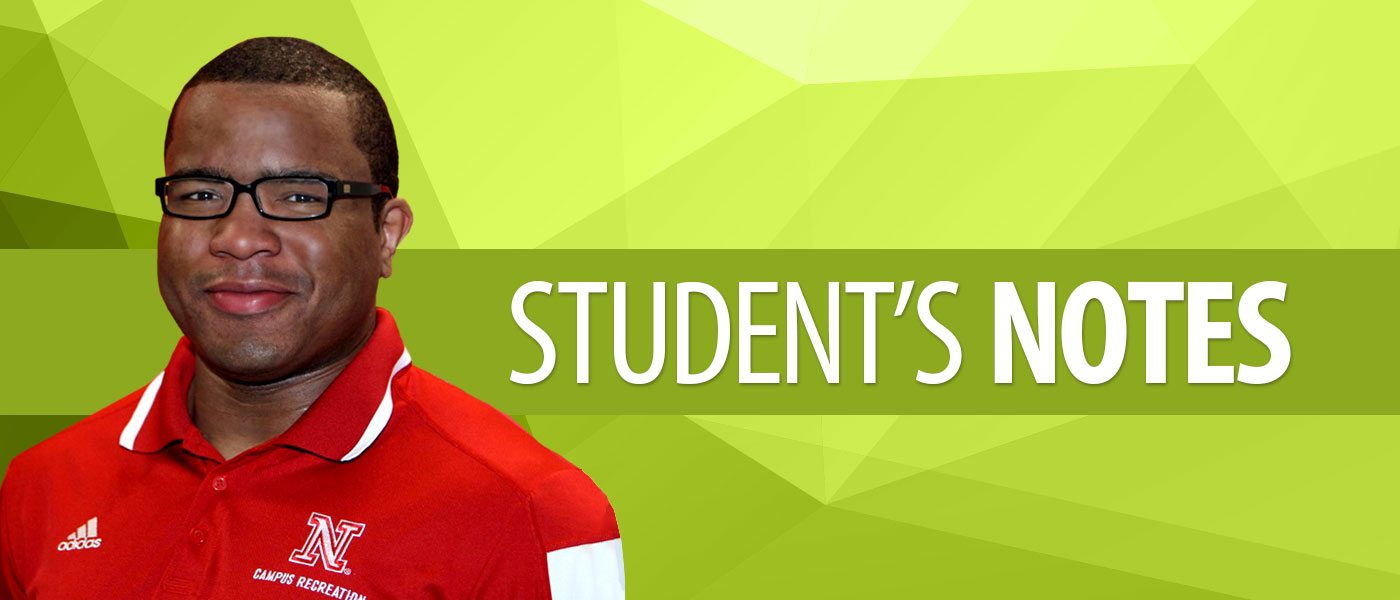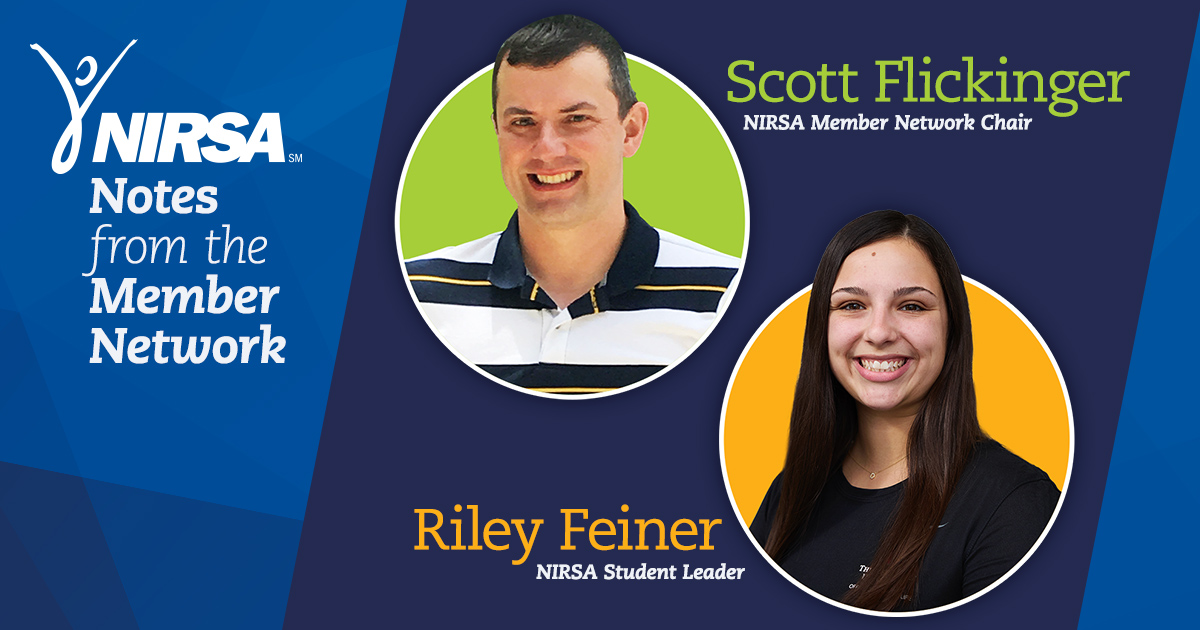I have the tendency to take mistakes very hard. They can be unbearable memories that take hold of my thoughts and consume my emotions. Sometimes I no longer feel adequate, worthy, or even qualified to do the job at hand. Sometimes I feel that same reaction with mistakes that I haven’t personally made, but that I feel reflect on and impact me all the same. The negative thoughts come flooding in without hesitation or restraint. The regret, remorse, and disappointment begin to take hold of my being and the world seems to be caving in. Have you felt this way before?
In the past, these reactions were common for me. I looked at making a mistake as a sign of being defeated. Somehow the job I was tasked to do beat me, and I did not have the skills or knowledge necessary to come out on top.
Recently, I’ve been able to take a step back and realize what mistakes teach us. I no longer view mistakes as signs of defeat. Instead, I view them as signs of growth. The anxiety and shame that come from making a mistake are not completely gone, but they are significantly reduced with the addition of hopeful thoughts and optimism. Before the mistake was made, I did not have the knowledge or skills to handle that specific circumstance. If I didn’t make the mistake, how would I have learned?
Here’s another way to view this new perspective on mistakes. If you make a mistake and your new perspective takes over, you‘re now hopeful, grateful, and optimistic about your growth of knowledge. But what about your ability to take a risk and potentially make yet another mistake? This is where having a short memory for mistakes is ideal. Instead of that mistake holding you back from other opportunities, you can choose a different path.
Tom Brady is one of my favorite quarterbacks of all time and arguably one of the best quarterbacks in NFL history. The reason why he’s one of my favorite quarterbacks is because he has a short memory for mistakes. If he throws an interception on a long ball, the very next position, without any hesitation, he will continue to throw the long ball. It is not because he shouldn’t throw the long ball. It’s because he learned from the mistake in the past and is not afraid to fail again in his pursuit of victory.
The risk of failure is not a substantial force that will hold me back and halt my progress towards victory. The more risks I take, the more I learn, and the better I become. Taking risks isn’t always the best path, but if you don’t take the initial risk, how will you know which risks are good and which are bad? I believe that being brave enough to fail is essential in a person’s progress towards attaining the goals they have set for themselves (especially for far-reaching goals).
In closing, I encourage you to have a long overall memory. A memory that will be able to draw from and learn from all the mistakes you have made in the past. I also encourage you to have a short memory for mistakes and to not let failure hold you back from the progress it will take to be successful.
Corbin Ross is currently the Strength Training & Conditioning Graduate Assistant at the University of Nebraska.






